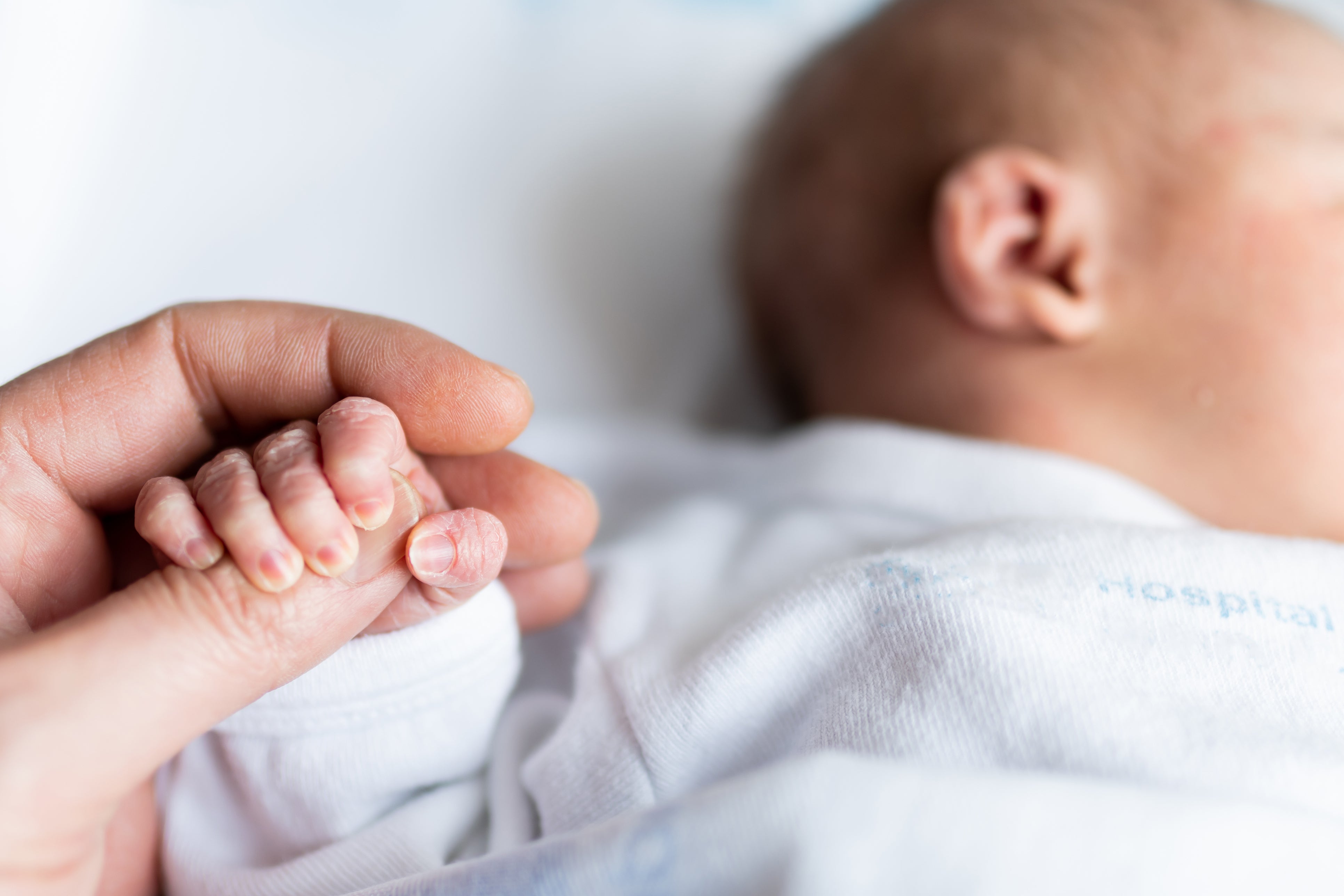New research indicates fatherhood changes men’s brains
Like women, men’s brains change before and after having children

Your support helps us to tell the story
From reproductive rights to climate change to Big Tech, The Independent is on the ground when the story is developing. Whether it's investigating the financials of Elon Musk's pro-Trump PAC or producing our latest documentary, 'The A Word', which shines a light on the American women fighting for reproductive rights, we know how important it is to parse out the facts from the messaging.
At such a critical moment in US history, we need reporters on the ground. Your donation allows us to keep sending journalists to speak to both sides of the story.
The Independent is trusted by Americans across the entire political spectrum. And unlike many other quality news outlets, we choose not to lock Americans out of our reporting and analysis with paywalls. We believe quality journalism should be available to everyone, paid for by those who can afford it.
Your support makes all the difference.New research shows that fatherhood changes men’s brain chemistry.
According to a new study published in the Cerebral Cortex scientific journal, becoming a parent causes men’s brains to experience changes that support their ability to bond with their baby and become sensitive to the baby’s needs, which is believed to be an adaptation crucial to our species’ survival.
Lead researcher Darby Saxbe, a University of Southern California psychology professor who studies structural brain changes, and her colleagues in Spain conducted brain-imaging studies on 40 expectant fathers before and after the birth of their first child. In their findings, they found when men experienced a reduction in gray matter both before and after they became fathers, the changes were subtler than they were in women.
The changes experienced were primarily found in the cerebral cortex - the part of the brain responsible for executive functions like memory, thinking, reasoning, learning, problem-solving, and emotional processing - in which gray matter reduction is understood to be a way that the body is improving the male brain ability to process information.
In a follow-up study, Saxbe and her team looked at 38 first-time fathers, finding those reporting higher motivation and engagement toward parenthood were experiencing a greater reduction in gray matter volume in the cerebral cortex.

Gray matter reduction in the cerebral cortex isn’t the only change fathers experience before and after welcoming their babies, with multiple studies indicating men experience hormonal changes as well.
Researchers have not only found that fathers experience crucial oxytocin boosts when holding their newborns for the first time, but studies have also discovered that testosterone levels can be indicative of how likely men are going to be parents.
The results for the latter were found from a study that examined 600 men and discovered that early twentysomething males with higher testosterone levels were more likely to become partnered fathers when researchers followed up four years later as opposed to their counterparts with lower testosterone levels. However, these partnered fathers would go on to experience sharp declines in testosterone, unlike single nonfathers who reportedly experienced a lower decline.

Testosterone levels in men are important because they facilitate the drive to partner and procreate. Although the decline could be alarming to some, University of Notre Dame professor Lee Gettler has found through research that the decline occurs primarily as a reset of priorities. According to their findings, they have discovered that the decline wasn’t as dramatic in older fathers in their 30s unlike those in their 20s.
Join our commenting forum
Join thought-provoking conversations, follow other Independent readers and see their replies
Comments